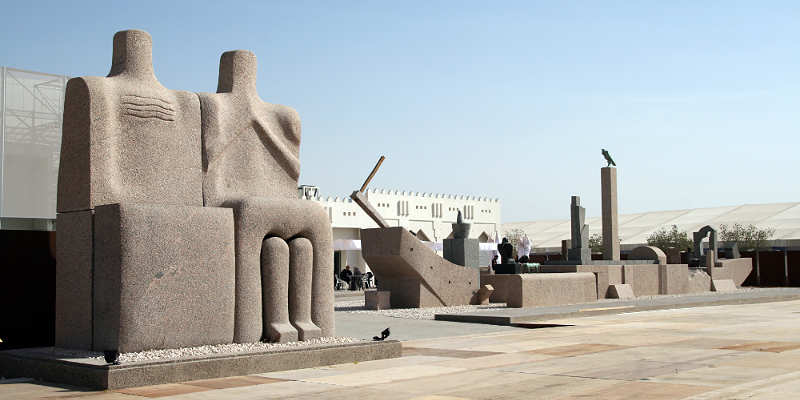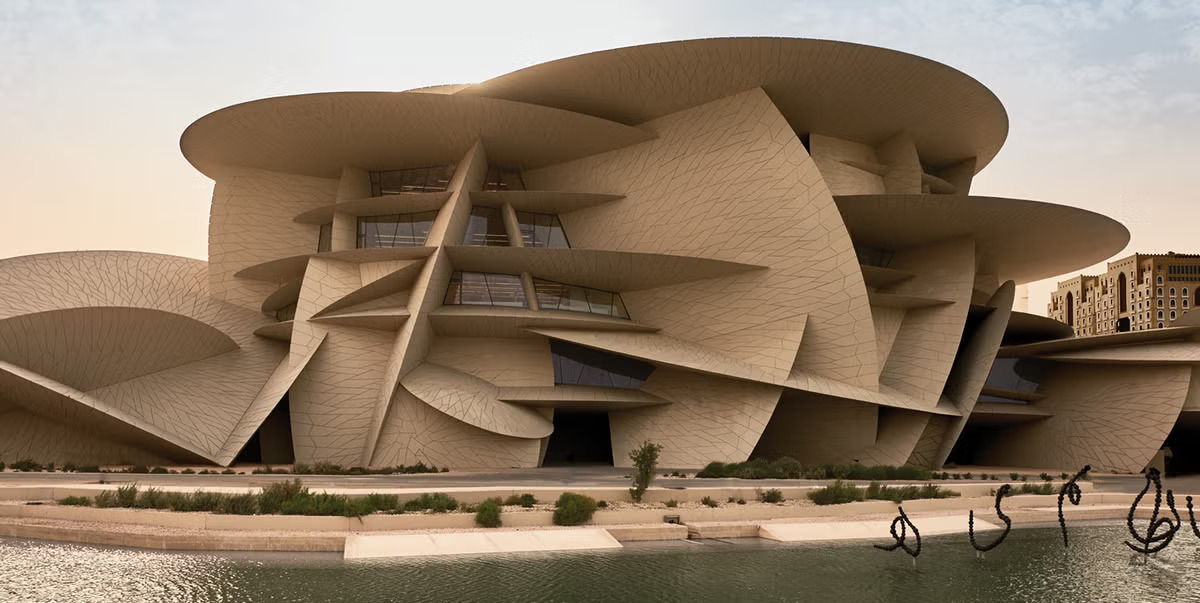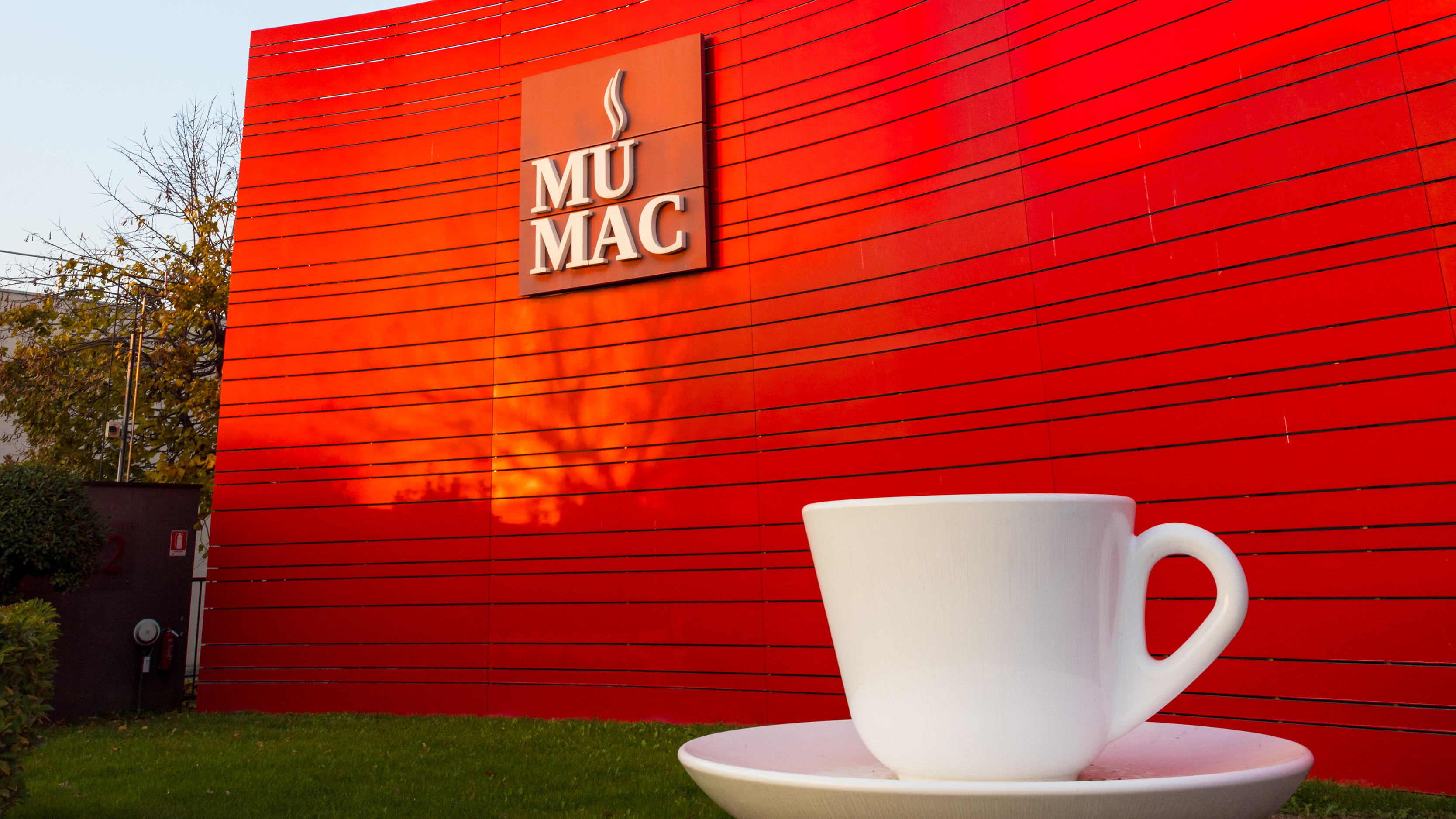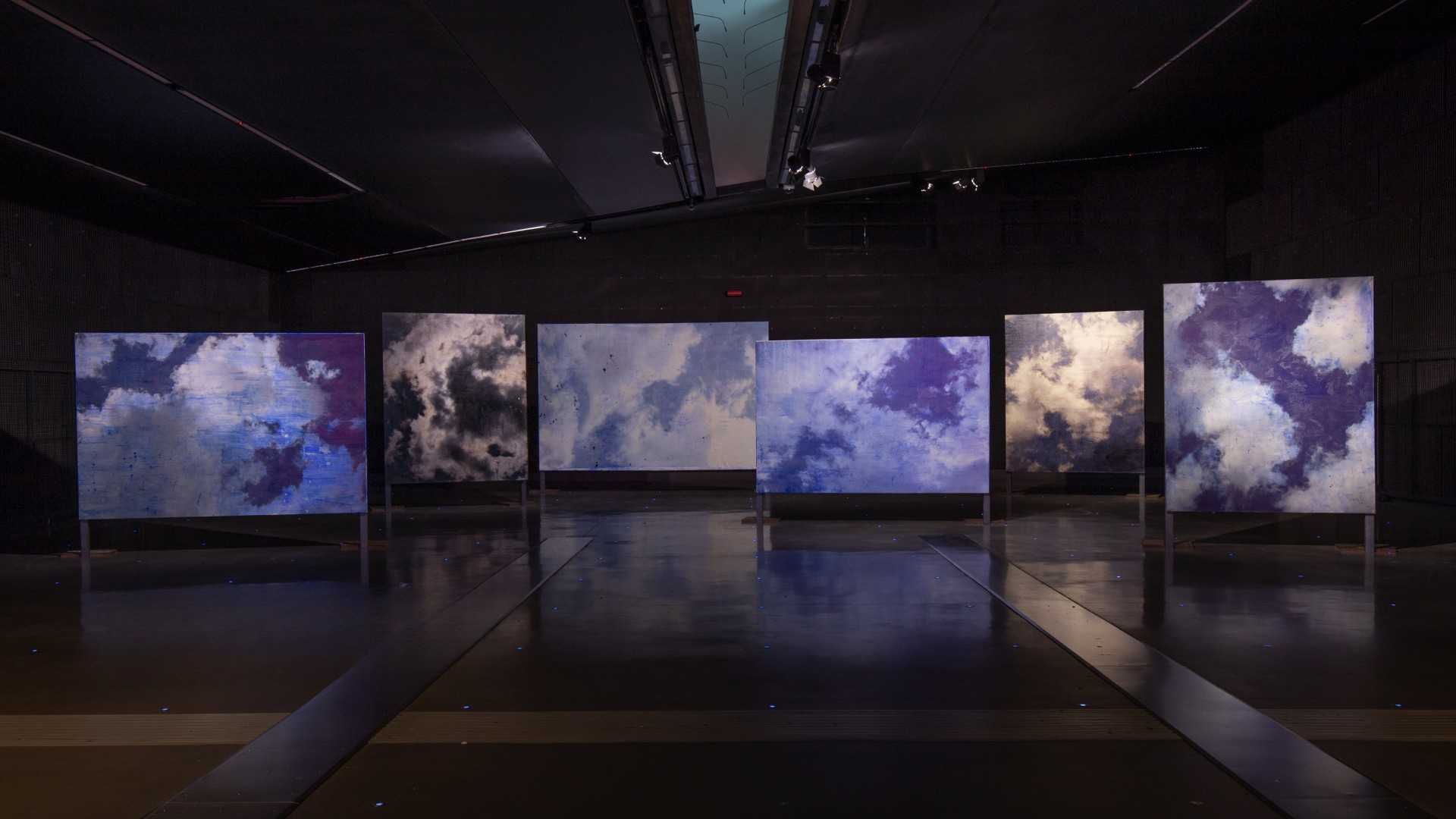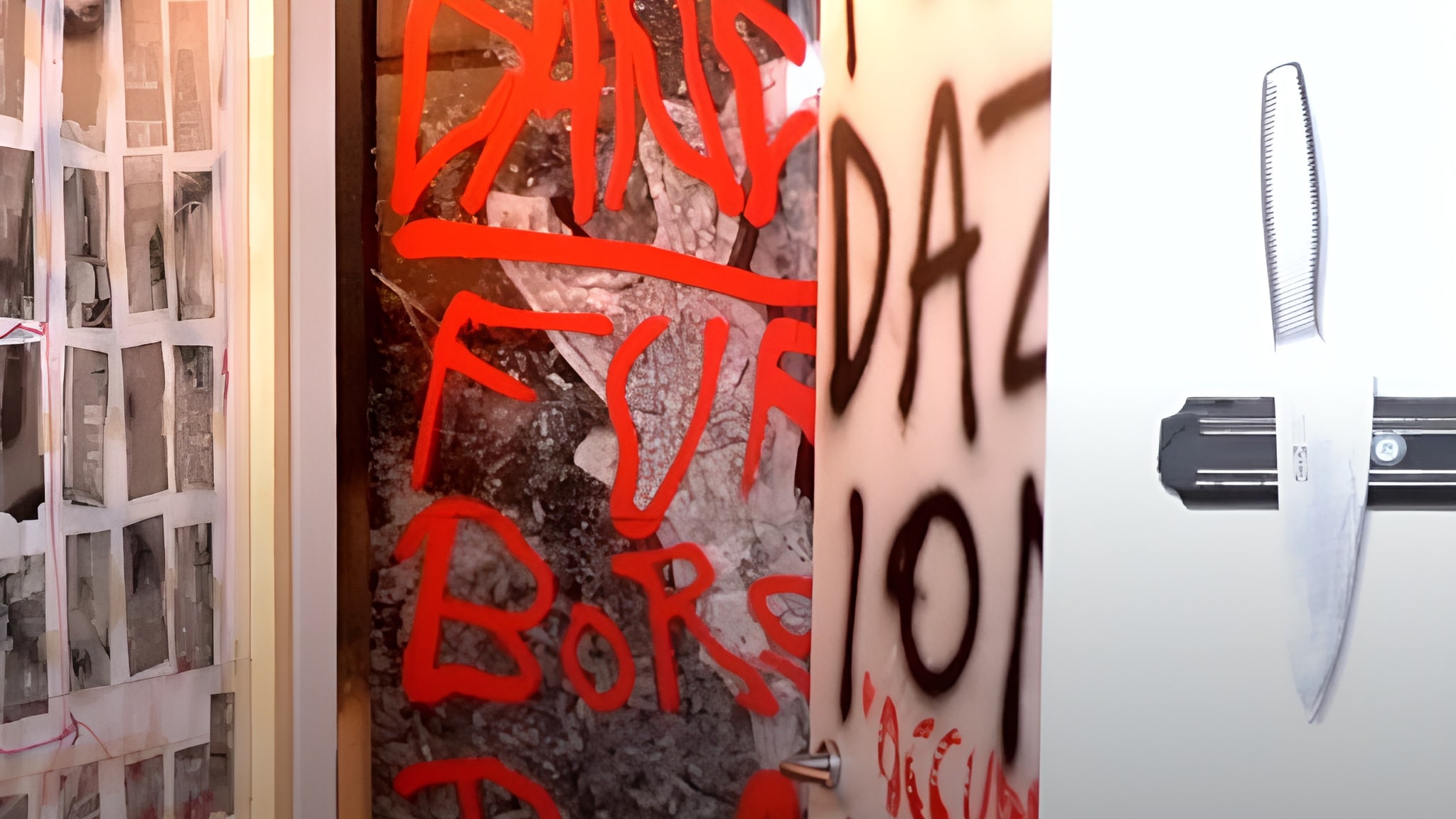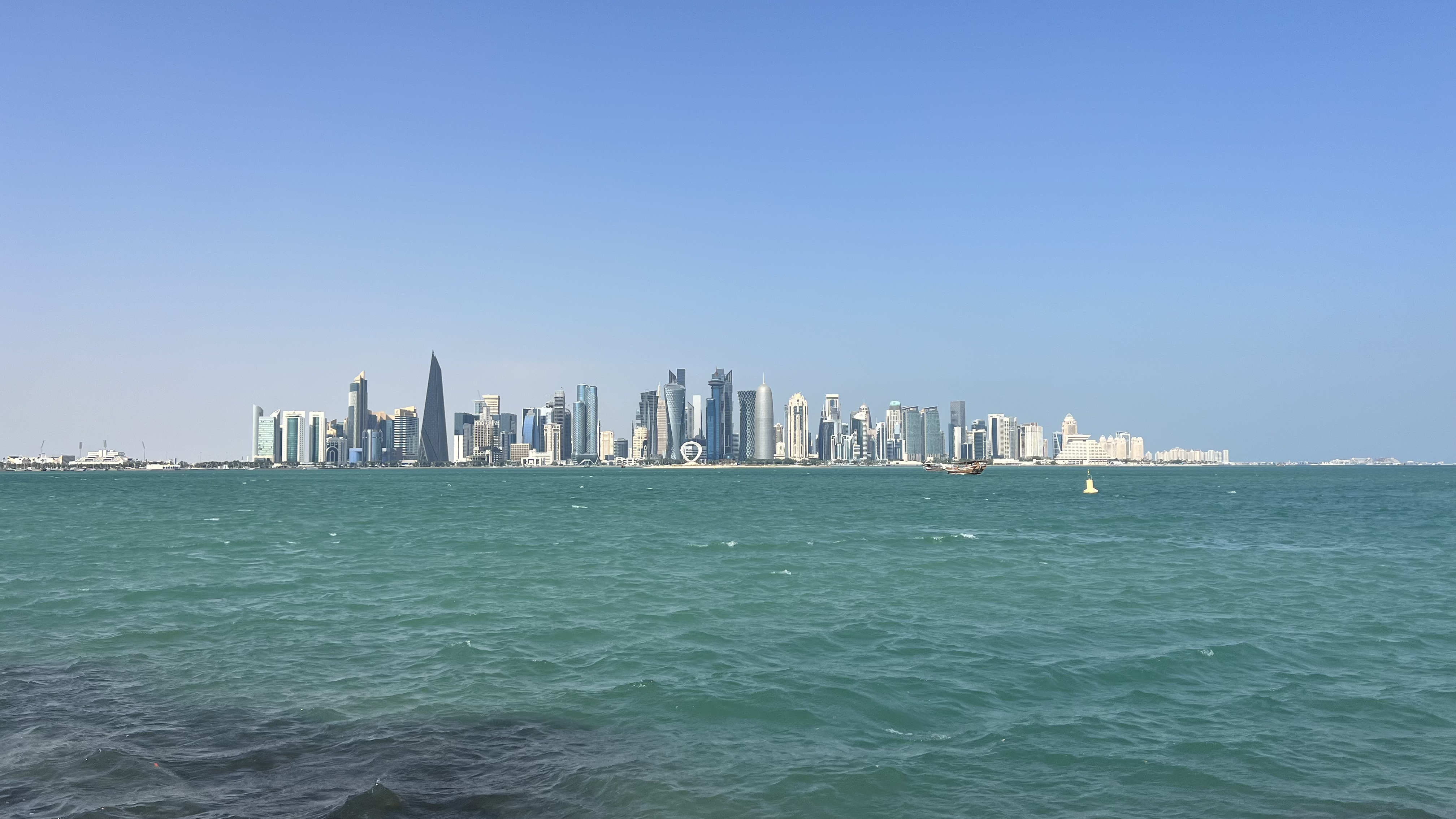
An Oasis of Culture: Qatar’s Museums and the Vision of Sheikha Al Mayassa
Exploring the Middle East's art institutions that are redefining the country's identity
At the vibrant heart of the Middle East lies a country distinguishing itself not only as a significant economic power and a crucial mediator in diplomacy between Israel and Palestine but also as a cultural hub experiencing an unprecedented renaissance: Qatar. This transformation is largely thanks to Sheikha Al Mayassa bint Hamad bin Khalifa Al-Thani, a visionary figure with a profound passion for art and an unwavering determination.
Born in Doha in 1983, Sheikha Al Mayassa is the daughter of former Emir Hamad bin Khalifa Al Thani and the sister of the current Emir, Tamim bin Hamad Al Thani. In a region where women, even those from prominent families, often struggle to emerge in leadership roles, her rise is deeply symbolic. Unlike other female figures from the Gulf who have garnered attention due to personal stories or scandals, Sheikha Al Mayassa has captured the global spotlight through her tireless dedication to promoting culture.
Among her recent philanthropic endeavors is her participation in a $12 million emergency fund established to support Los Angeles’s artistic community devastated by wildfires. Supported by cultural organizations such as the Los Angeles County Museum of Art (LACMA), where Sheikha Al Mayassa serves as a board member, the fund aids artists and cultural workers who have lost their homes, studios, and livelihoods. In 2005, Sheikha Al Mayassa had the groundbreaking vision to found and preside over Qatar Museums, the entity responsible for developing and managing the nation’s cultural institutions. Its mission is clear: to preserve and expand Qatar’s cultural heritage, share its art with the world, and enrich the lives of its citizens through both local and global perspectives.
Under Qatar Museums’ leadership, the country has witnessed the establishment of world-class museums, including the Museum of Islamic Art (MIA), inaugurated in 2008 in an architectural masterpiece designed by I. M. Pei. Located on an artificial island along Doha’s Corniche, the building blends traditional Islamic elements with modern design and houses a collection spanning 14 centuries of Islamic art from three continents.
Two years later, the Mathaf: Arab Museum of Modern Art opened, serving as a regional cornerstone for contemporary art. With a permanent collection of over 9,000 works, it offers a unique perspective on the evolution of Arab art from 1840 to today, highlighting ever-changing styles and genres.
In 2019, the National Museum of Qatar debuted, designed by French architect Jean Nouvel, who drew inspiration from the mineral “desert rose.” The museum’s immersive visitor journey delves into Qatari history, from its geological origins to its future aspirations.
Sheikha Al Mayassa’s impact extends beyond Qatar’s borders. Last year, during the 60th Venice Biennale, Qatar Museums presented the exhibition “Your Ghosts Are Mine: Expanded Cinemas, Amplified Voices” at ACP–Palazzo Franchetti. The show served as a journey through moving images, exploring contemporary experiences of community life, memory, transnational migration, and exile, with works from prominent filmmakers and video artists from the Middle East, Africa, and Southeast Asia.
 Art Mill, Doha, Qatar
Art Mill, Doha, Qatar
Culture and art, alongside traditional investments in energy resources, will continue to drive Qatar’s future projects. The Art Mill Museum, set to open in 2030, will transform a former industrial mill into a modern and contemporary art museum designed by architect Alejandro Aravena and landscape architect Günther Vogt. Meanwhile, the Lusail Museum, designed by renowned Swiss architects Herzog & de Meuron, will rise on Al Maha Island and host the world’s largest collection of Orientalist art. As Sheikha Al Mayassa stated in an interview, “Culture knows no borders; it is the universal language that unites us all.” Through this universal language, Qatar has found its voice.
 Lusail Museum, Al Maha, Lusail City
Lusail Museum, Al Maha, Lusail City
Cover image: Doha Landscape, Qatar
A radio and television personality, digital content creator, writer for various newspapers and author of the book ‘Arte Queer. Corpi, segni, storie’ published by Rizzoli, Elisabetta Roncati has decided to combine a university business/management education and a passion for culture with a single goal: to bring people closer to art in a clear, easily understandable and professional manner. Interested in all forms of artistic and cultural expression, contemporary and otherwise, she has two great passions: non-European art and civil rights. In 2018 she founded the registered trademark Art Nomade Milan with which she is involved in digital dissemination on the main social media (Instagram and Tik Tok @artnomademilan).
